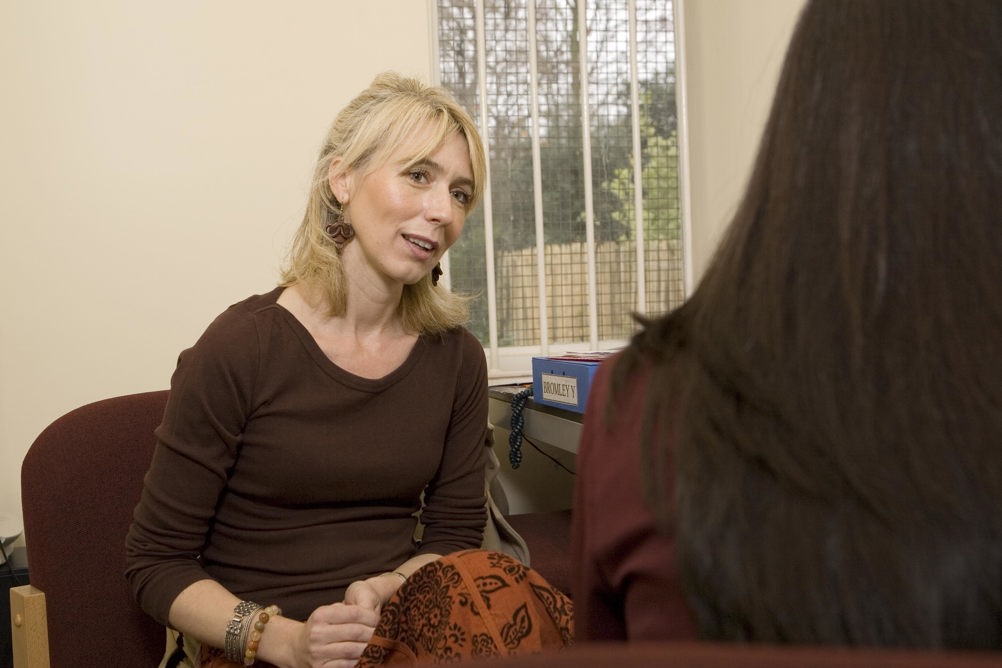
Local authorities have traditionally employed the vast majority of educational psychologists to provide statutory services to schools. But as public sector cuts deepen and the number of autonomous schools grows, professionals are increasingly working independently, selling their time directly to those that need them.
The input of educational psychologists is vital in carrying out assessments for children with special educational needs (SEN). But they also provide schools with support on anti-bullying strategies, mental health issues, and behaviour management, among other duties.
Supplement to provision
Kate Fallon, general secretary of the Association of Educational Psychologists (AEP), believes schools will increasingly want to purchase such non-statutory functions from professionals in future.
She estimates that about 80 per cent of psychology services are now trading with schools, in many cases as a supplement to the basic local authority provision.
Fallon believes the increasingly mixed economy is in fact driving increased demand for services, which had been in decline as a result of cuts over a period of years.
“We’ve seen a move away from the traditional local authority model,” she says. “But we’re now seeing a greater demand than ever for educational psychologists.”
Malcolm Trobe, deputy general secretary for policy at the Association of School and College Leaders (ASCL), believes that schools are using the fact that they can buy in educational psychology services to secure good quality and competitively priced support.
“If the school can get a service to provide the same quality at a lower cost, then they will obviously look to do that,” he says.
But he says some advantages of working with local authority providers that can be lost when services are purchased: “If you’re getting a number of statutory assessments done and you work consistently with the same educational psychologist, the school builds up a relationship with them which is helpful.”
Buying services also means that schools have to spend more time managing provision, Trobe adds. “Schools buying services will have to put in place their own quality assurance systems,” he explains.
Mohammed Bham, chair of the National Association of Principal Educational Psychologists (Napep), agrees that these issues could prevent many schools from purchasing provision.
“To employ quality, experienced, skilled practitioners costs – not only the frontline costs, but also the supervision and professional development,” he says. “The advantage with the local authority is that they provide a service with a range of skilled practitioners that ensure supervision, access to resources, and peer challenge.”
In response to the shifting situation, Napep has joined with AEP and the British Psychological Society to develop guidelines for practitioners on ethical trading in educational psychology. Their working group on the issue is due to report in April.
“Many educational psychologists who had previously worked for local authorities are now working privately, which is why we feel it’s important to look at the requirements of ethical trading and practice,” says Bham.
Fallon agrees that professionals must be vigilant to make sure that the most vulnerable children do not fall through the gaps, as the emphasis moves toward selling services.
“We have to ask whether children who might have been picked up by local authority mechanisms in the past are getting missed out, such as a child who is in between schools or excluded,” she says.
Register Now to Continue Reading
Thank you for visiting Children & Young People Now and making use of our archive of more than 60,000 expert features, topics hubs, case studies and policy updates. Why not register today and enjoy the following great benefits:
What's Included
-
Free access to 4 subscriber-only articles per month
-
Email newsletter providing advice and guidance across the sector
Already have an account? Sign in here

